In the 1970s, a neuroscientist named Benjamin Libet conducted a fascinating experiment that shed new light on the age-old question of whether or not we really do have Free Will.
He had his test subjects flex their fingers at a moment they personally chose to, and he carefully measured three different things: the moment the subject consciously “chose” to flex, the moment an electrical charge occurred in the brain, indicating that the brain was initiating the action, and the moment the charge registered in the muscles, indicating that the voluntary flex was occurring.
Most people would expect these three events to occur in that order: The person “decides” to flex, the brain tells the fingers, and the fingers move.
But what Dr. Libet discovered was that the brain actually initiated the flex about 350 miliseconds before the person had consciously decided to do it. IN other words: Your brain has actually started an action before you are consciously aware of having chosen it.
While this may look like a decisive argument against free will, Libet took his experiment one step further. This time he had his subjects resist the urge to flex the fingers when they first became aware of it, and he found that there was a window of about 150 miliseconds in which they could abort the motor plan that the brain had sent to the hand, if they chose to do so.
Libet’s conclusion: “We may better think of volitional action ... not as “freewill” but as “free won’t,” in that we can consciously stop an action initiated by our brain nonconsciously.
The idea of “Free Won’t” is a helpful way to think about a concept that theologians sometimes use to explain the role the Holy Spirit plays in bringing us to faith, a concept called “Prevenient Grace.”
The word “Prevenient” comes from a Latin word that means “going before” or “going ahead of” and the idea is that when we come to faith—even before we choose to accept Jesus as our Saviour—God’s grace has already gone before, opening our hearts to receive him.
As a theological concept, Prevenient Grace is a way of holding together two apparently contradictory truths.
On the one hand, the Bible teaches that we are all naturally turned away from God, and it is impossible for us to choose to love and follow God on our own. We are saved by God’s grace alone and not because of our own choice or merit.
But on the other hand, the Bible also teaches that God freely offers the gift of salvation to anyone who will receive it, that who ever believes in him will be saved
Put bluntly, if we could genuinely choose to believe in God, then our salvation would not be a matter of God’s grace, but our will; and yet, if it’s God’s grace that saves us, and not our choice, then what about those who aren’t saved: did God withhold his grace from them, and if so, why? And what kind of God would save only some and not others?
Prevenient Grace resolves this dilemma by pointing out that for everyone, God’s grace has already gone before any conscious decision we may have made to receive him; that for those who have received him, it’s only because his grace first enabled them to do so; and for those who have rejected him, it’s only because they have freely chose to do so.
Think about it, maybe, like Libet’s concept of Free Won’t, where the decision to flex your fingers is like the decision to receive God’s grace, and the brains non-conscious initiation o the action, is like the Holy Spirit’s Prevenient Grace.
Just like the brain initiates the decision to flex before we are consciously aware of it, so that our freedom is really a matter of vetoing the decision, so too with God: he initiates our decision to receive his offer of salvation even before we are aware of it, so that our Freedom is really just the freedom to resist or reject his grace.
In this way, our salvation is entirely dependent on God’s grace, but still a matter of our free choice. The Bible, of course , puts it more simply: We love him, it says, only because he first loved us.
Three Minute Theology 4.1: The Power of Choice
Labels: 3 Minute Theology, holy spirit, videos
Subscribe to:
Post Comments (Atom)




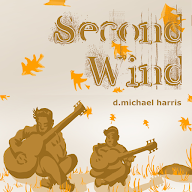
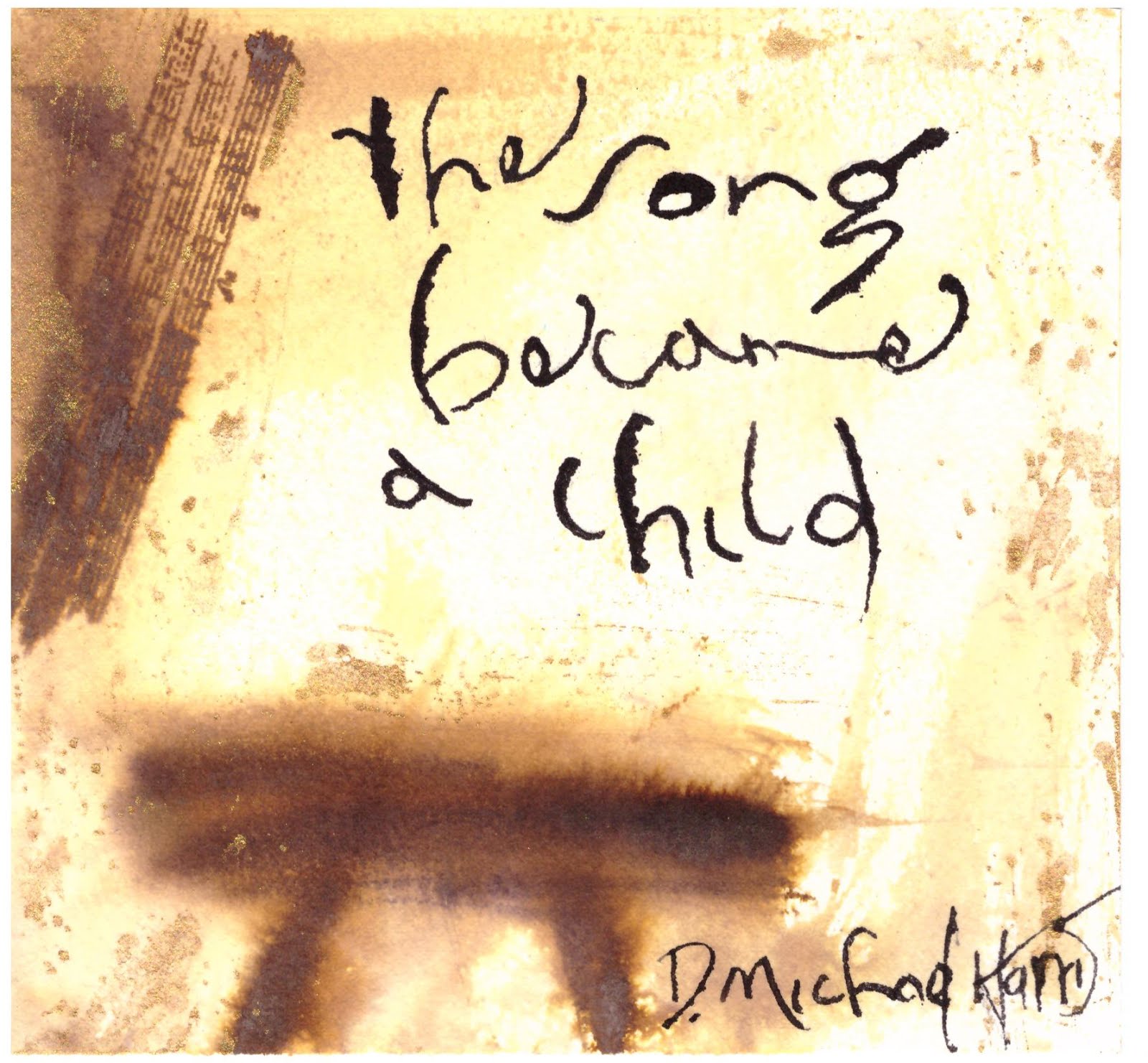


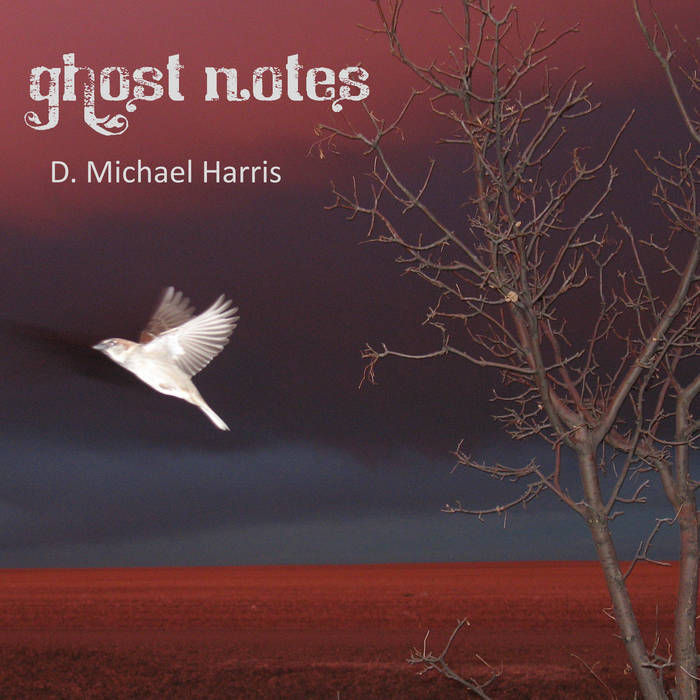
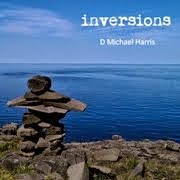
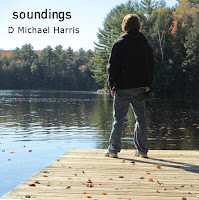


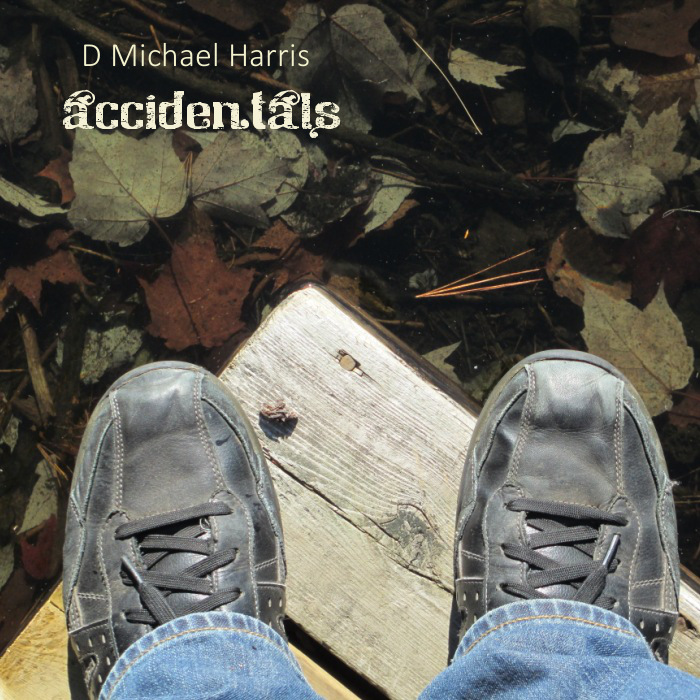
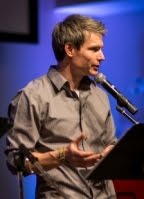







0 comments:
Post a Comment